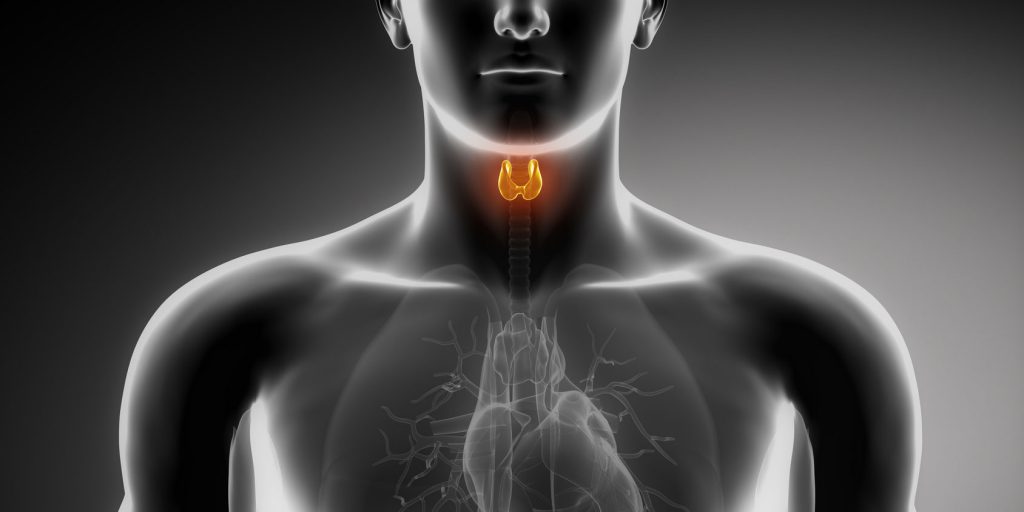From Ron Hoffman, MD, ANH-USA Board President and Medical Director
Dr. Antonio Bianco, recipient of the American Thyroid Association’s John B. Stanbury Thyroid Pathophysiology Medal, is professor of medicine and a member of the Committee on Molecular Metabolism and Nutrition at the University of Chicago, where he runs a laboratory funded by the National Institutes of Health to study thyroid hormones. Dr. Bianco is also a former president of the American Thyroid Association.
His recent book, Rethinking Hypothyroidism: Why Treatment Must Change and What Patients Can Do, is a primer for patients, their families, and their doctors that explains why the standard treatment for hypothyroidism fails many—and offers an empowering call for change. He recently joined me for an episode of my Intelligent Medicine podcast.
Dr. Bianco explains that, while it may seem straightforward for doctors to administer standard thyroid medications like Synthroid and adjust dosages according to the results of thyroid blood tests . . .
“For about 10–20% of patients on the leading treatment—millions in the United States and around the world—that treatment is not working. In this book, I argue that my fellow physicians need to take their patients’ complaints seriously and give them more options.”
In “Rethinking Hypothyroidism” he meticulously documents the history of thyroid therapy from its inception in the 19th century to the enthronement of dogmas that currently limit patients’ access to more nuanced treatments:
“The story of hypothyroidism treatment presents a solution, followed by a mystery. Why did so many of those treated for hypothyroidism ultimately fare so poorly? How was a century-long medical triumph transformed into a tarnished victory, fraught with conflict and exhaustion? Why did doctors dismiss the millions of patients insisting their treatments were failing; and why did patients find themselves suddenly doubting decades of reliable, tested science?”

As an influential academic endocrinologist, Dr. Bianco deserves credit for heeding the complaints of patients and stepping out of the box to articulate a problem that has long guided my approach to hypothyroidism (see my 2016 article “The ugly truth emerges about synthetic thyroid medication”):
“ . . . a fraction of the patients treated for hypothyroidism (one and a half million to three million individuals in the United States) is far from living a normal life. Even though blood tests indicate their treatment is on target, these patients experience residual symptoms. They complain of what they call “foggy brain,” mental confusion, difficulty making decisions, and poor memory. They also suffer from fatigue and difficulty managing body weight.”
“Unfortunately,” he says, “physicians have been slow to recognize and treat these residual symptoms . . . My goal is to improve the quality of life of all patients with hypothyroidism.”
By the late 19th century, it was recognized that offering ground up extracts of animal thyroid to patients with the characteristic symptoms of hypothyroidism could alleviate their symptoms. Of necessity, these treatments were imprecise because there were no blood tests to guide dosing. Thyroid extracts contained both T4 and T3, roughly matching the natural output of the human thyroid.





Could hypothyroidism be caused by mercury from dental amalgam-fillings?
Mercury is said (By The late Prof. in neurology, Patrick Störtebecker) to be able to migrate along nerves.
What I would give to have a doctor that could do something to help me w/my thyroid issues. For decades I have suffered as one of those millions. There has to be a better answer than Synthroid.
Stop the overuse of medical drugs!